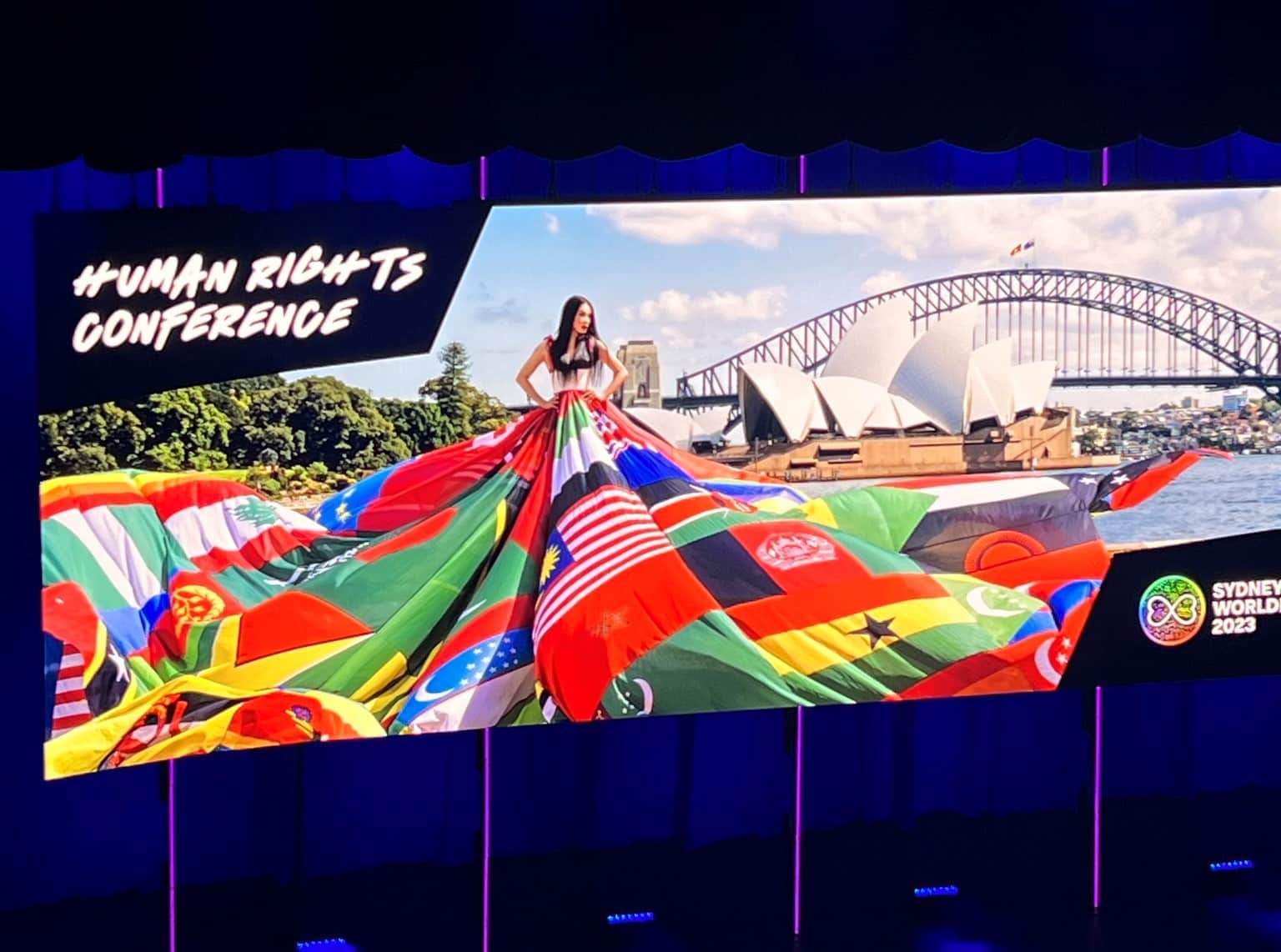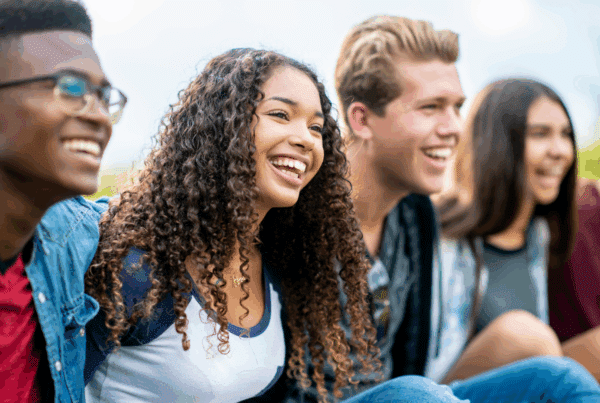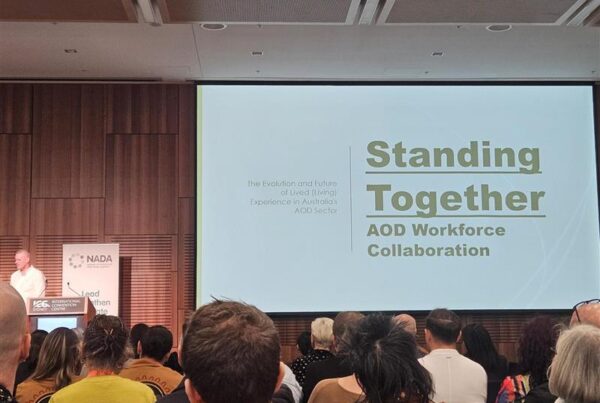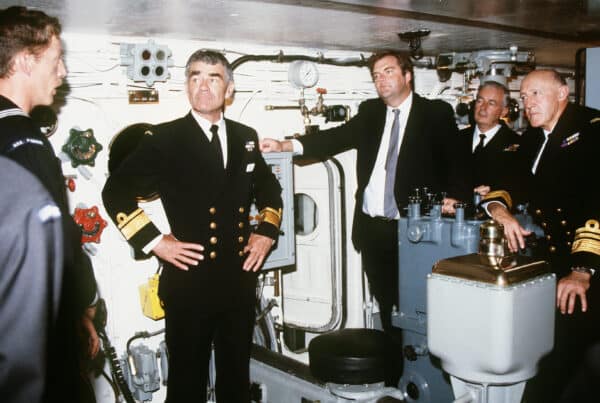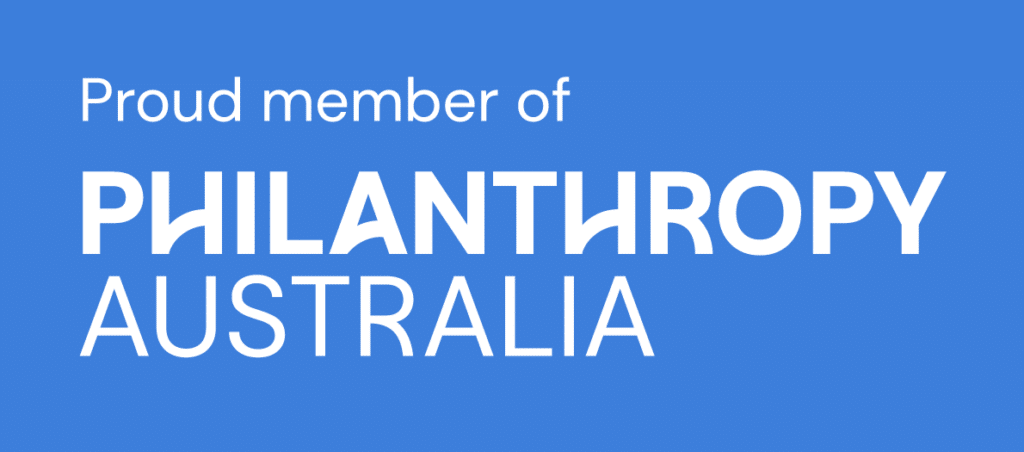On Thursday 2nd March 2023, Foundation representatives attended the Sydney WorldPride Human Rights Conference plenary session. We heard inspiring keynotes, informative and thought-provoking panel discussions, and experienced emotional poetry and musical performances.
The conference was the largest convergence of human rights defenders, community members, government and political representatives, philanthropists and corporate leaders committed to LGBTQI+ rights ever held in the southern hemisphere.
People who identify as LGBTQI+ often face social stigma, discrimination, and other challenges not encountered by people who identify as heterosexual or cisgender. They also face a greater risk of harassment and violence. As a result of these and other stressors, sexual minorities are at increased risk for various behavioural health issues, including drug and alcohol addiction.[1]
Keynote Speaker Helena Dalli, Commissioner for Equality, European Union (EU) stated that, “67 UN countries still criminalise homosexuality, while 14 countries criminalise trans and non-binary persons’ expression of their gender identity.”
The impacts of the discrimination, stigma and social challenges faced by this community are complex and compounding. For example, statistics show that people who identify as LGBTQI+ are more than twice as likely as their heterosexual counterparts to use illicit drugs and almost twice as likely to suffer from a substance abuse disorder.[2]
Ro Allen, Victorian Equal Opportunity and Human Rights Commissioner, spoke in the session on the importance creating better systems for queer young people. They said, “When you can provide a safe place for dialogue you can see change, real change.” When we talk about safe spaces, this can take many forms. Safe spaces to heal, to reflect, to share our struggles without judgement, without reprimand. This is something that all vulnerable young people should have the right to access.
Another important theme of the day was the simple concept of being listened to. We cannot underestimate the importance of creating space for the voices of the vulnerable and marginalised in our society, and while we strive to be the voice where it’s needed, we must also strive to amplify those voices that are already there.
“People say we are the voice for the voiceless. No. We all have voices, it’s just that our voices have been marginalised.” – Crystal Hendricks, Intersex Rights Officer, Iranti.
More inclusive spaces and open two-way conversations can only help our young people. Help them feel heard, understood and cared for. As we start making inroads to greater understanding of the challenges facing our LGBTQI+ youth, we must also be aware of the outcomes of the marginalisation they have faced in their lives, and the follow-on repercussions such as increased risk factors for alcohol and drug misuse.
To echo the closing remarks by the host of day two of the Human rights Conference Fran Kelly, ABC journalist and presenter, it’s important to remember that no matter what, “we are all lovable, and love will always win.” – Fran Kelly.
[1] Substance Abuse and Mental Health Services Administration. 2020 National Survey on Drug Use and Health: Lesbian, Gay, & Bisexual (LGB) Adults (Annual Report). samhsa.gov. https://www.samhsa.gov/data/report/2020-nsduh-lesbian-gay-bisexual-lgb-adults Published July 22, 2022. Accessed February 7, 2023.
[2] Medley, G., Lipari, R.N., Bose, J., Cribb, D.S., Kroutil, L.A., &McHenry, G.. (2016). Sexual Orientation and Estimates of Adult Substance Use and Mental Health: Results from the 2015 National Survey on Drug Use and Health.

